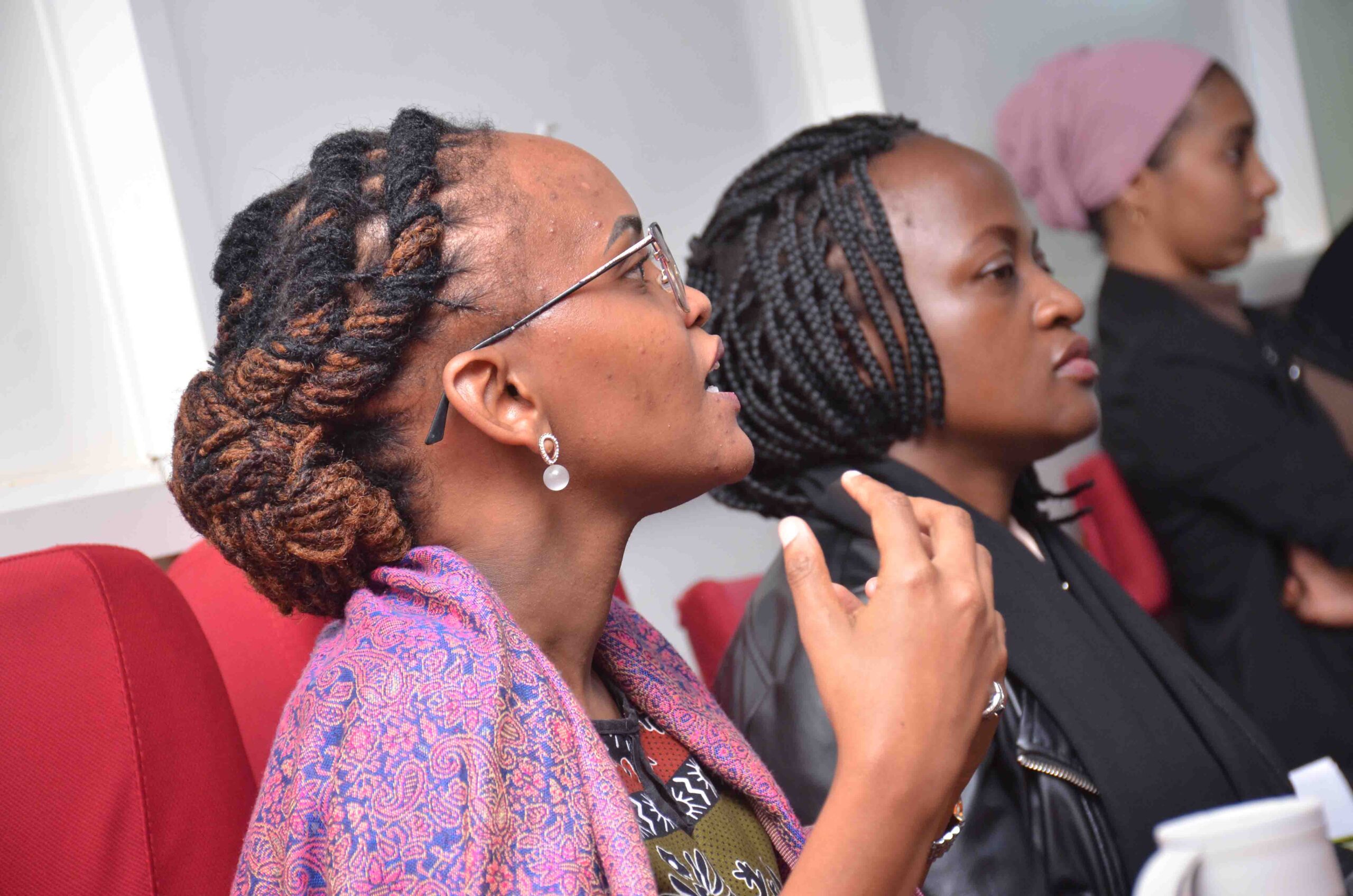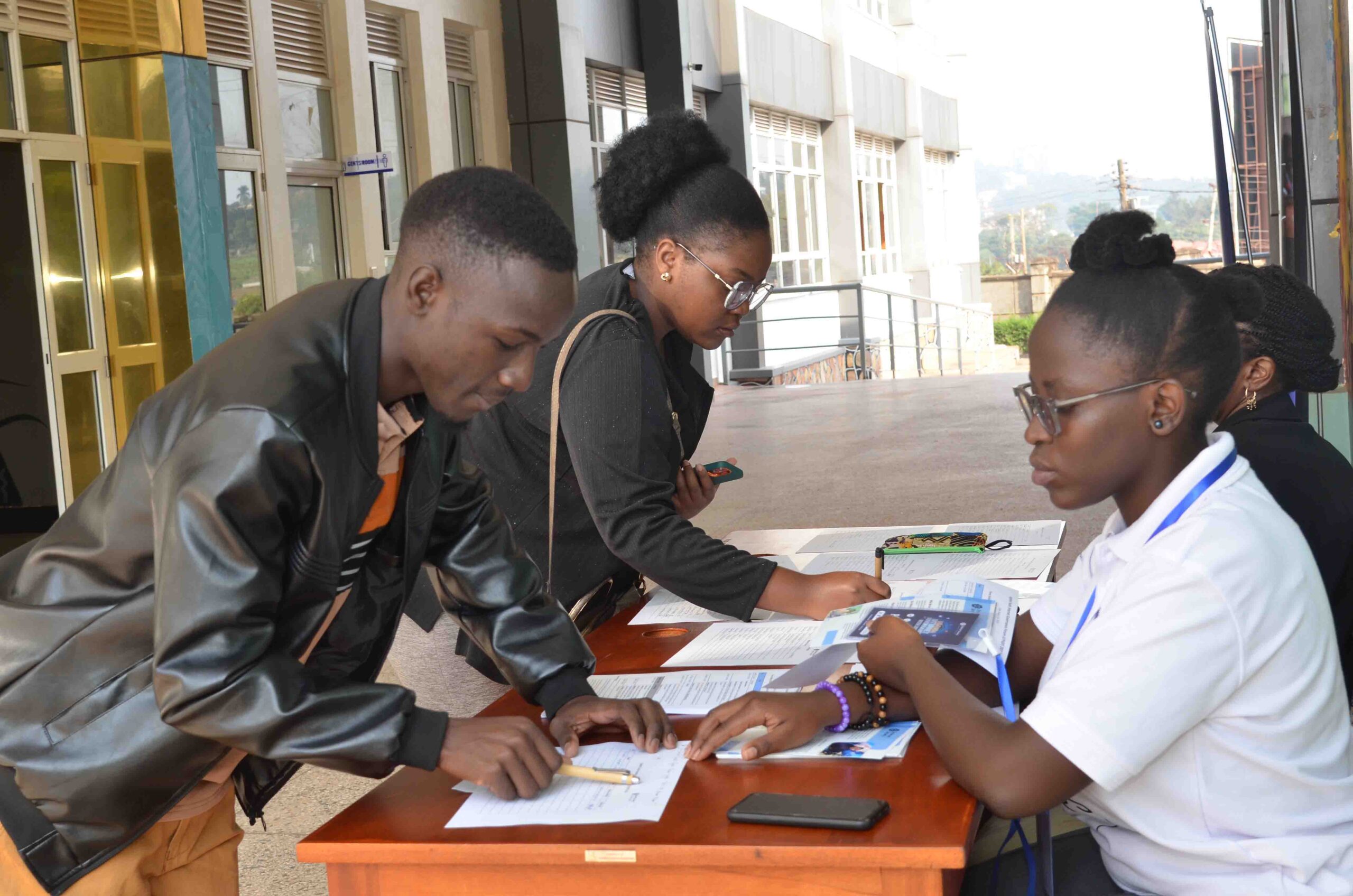Engaging Community Women in Income Generation: A Comprehensive Guide
efiug beneficiary attends to her grocery store in Kasubi
1. Introduction
Empowering women economically is a powerful strategy to combat poverty, improve community welfare, and reduce Gender-Based Violence (GBV). In Uganda, initiatives like the Eliezah Foundation Initiative Uganda (EFIUG) have made significant strides in this area, particularly through their Women in Business program, Women Incubators, and Savings and Credit Cooperative Organizations (SACCOs).
2. The Connection Between Income Generation and GBV
Economic dependency is a significant factor that perpetuates GBV. Women who lack financial independence are often trapped in abusive relationships due to fear of losing economic support. By engaging women in income-generating activities, communities can:
- Enhance Women’s Autonomy: Financial independence empowers women to make decisions that protect their well-being.
- Increase Respect and Equality: As women contribute economically, they gain respect and are more likely to be seen as equals in their households and communities.
- Create a Support Network: Economic groups like SACCOs often become support networks where women can share experiences and advice, including strategies to avoid or escape GBV.
3. EFUG’s Women in Business: A Success Story
Overview:
EFIUG’s Women in Business initiative has been instrumental in transforming the lives of women in various Ugandan communities. This program focuses on equipping women with the skills, resources, and support needed to start and sustain small-scale businesses.
Success Stories:
- Case Study 1: Sarah’s Bakery
Sarah, a participant in the Women in Business program, started a small bakery with an initial loan from her local SACCO. With training from the Women Incubator, she learned how to manage her finances, market her products, and expand her business. Today, Sarah’s Bakery not only supports her family but also employs three other women from her community. - Case Study 2: Amina’s Tailoring Shop
Amina, another success story, joined the Women in Business program with a dream of starting a tailoring shop. After undergoing training in business management and sewing skills, she received a micro-loan to purchase equipment. Her shop has grown steadily, and Amina is now a mentor for other women in the program.
4. The Role of Women Incubators in Economic Empowerment
EFIUG’s Women Incubators are specialized programs designed to nurture and support women entrepreneurs from the ground up. These incubators offer:
- Training and Mentorship: Women receive training in various business skills, including financial management, marketing, and customer service. Mentors provide ongoing support to help them navigate challenges.
- Access to Resources: The incubators connect women with resources like micro-loans, business tools, and networks that are essential for starting and growing a business.
- Peer Support: Women in the incubators form strong bonds, creating a network of support that extends beyond business, providing emotional and social support that can help in dealing with personal issues, including GBV.
5. SACCOs: A Foundation for Women’s Economic Empowerment
Overview:
SACCOs are community-based financial organizations that pool members’ savings and provide loans at low interest rates. EFIUG has leveraged SACCOs to empower women economically.
Benefits of SACCOs for Women:
- Access to Capital: Women can access small loans to start or expand their businesses, which they might not get from traditional banks.
- Savings Culture: SACCOs encourage a culture of saving, which provides women with financial security and reduces economic vulnerability.
- Collective Strength: Being part of a SACCO gives women a collective voice, increasing their bargaining power and influence in community decision-making.
Case Study: Women in the Katojo SACCO
- Background: The Katojo SACCO, formed under the guidance of EFIUG, has 50 women members who engage in various income-generating activities, from farming to small retail businesses.
- Impact: Over three years, the SACCO has provided over 100 loans, resulting in the establishment of numerous small businesses. The women report increased confidence, reduced GBV incidents, and improved family welfare.
6. Small-Scale Businesses and Their Impact on GBV
Overview:
Small-scale businesses play a crucial role in addressing GBV. As women gain financial independence through these businesses, they are better positioned to:
- Resist Abuse: Financial independence reduces the power imbalance that often leads to GBV.
- Leave Abusive Relationships: Women with their own income are more likely to leave abusive relationships, knowing they can support themselves and their children.
- Create Safe Spaces: Women who run businesses often create environments that are safe and supportive, helping other women in their community.
Case Study: The Empowerment of Mary’s Grocery Shop
- Situation: Mary, a GBV survivor, was dependent on her abusive husband until she joined EFIUG’s Women in Business program. With training and support, she started a grocery shop.
- Outcome: The income from her shop allowed her to leave the abusive relationship and start a new life. Mary now advocates for other women in similar situations, using her shop as a meeting place for women’s empowerment discussions.
7. Recommendations for Engaging Community Women in Income Generation
7.1. Start with Awareness and Training
- Conduct Community Sensitization: Educate women about the importance of economic independence and how it can protect them from GBV.
- Offer Business Training: Provide training on essential skills like financial literacy, business management, and marketing.
7.2. Leverage Existing Structures
- Partner with SACCOs: Use SACCOs to provide women with the financial resources needed to start their businesses.
- Expand Women Incubators: Establish more incubators in different regions to reach more women and provide them with the necessary support.
7.3. Monitor and Support
- Continuous Monitoring: Regularly check in on the progress of women’s businesses and provide additional support where needed.
- Create Networking Opportunities: Organize events where women can network, share experiences, and learn from each other.
8. Conclusion
Empowering women through income generation is not just about economic growth; it’s about fostering dignity, reducing vulnerability, and creating a safer, more equitable society. EFIUG’s initiatives like Women in Business, Women Incubators, and SACCOs demonstrate how targeted interventions can transform lives and communities. By building on these successes and scaling up efforts, we can make significant strides in both economic empowerment and the fight against GBV.



